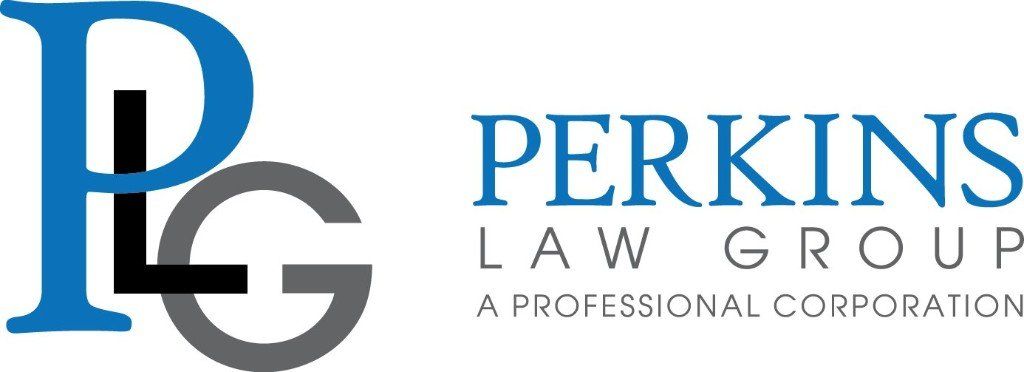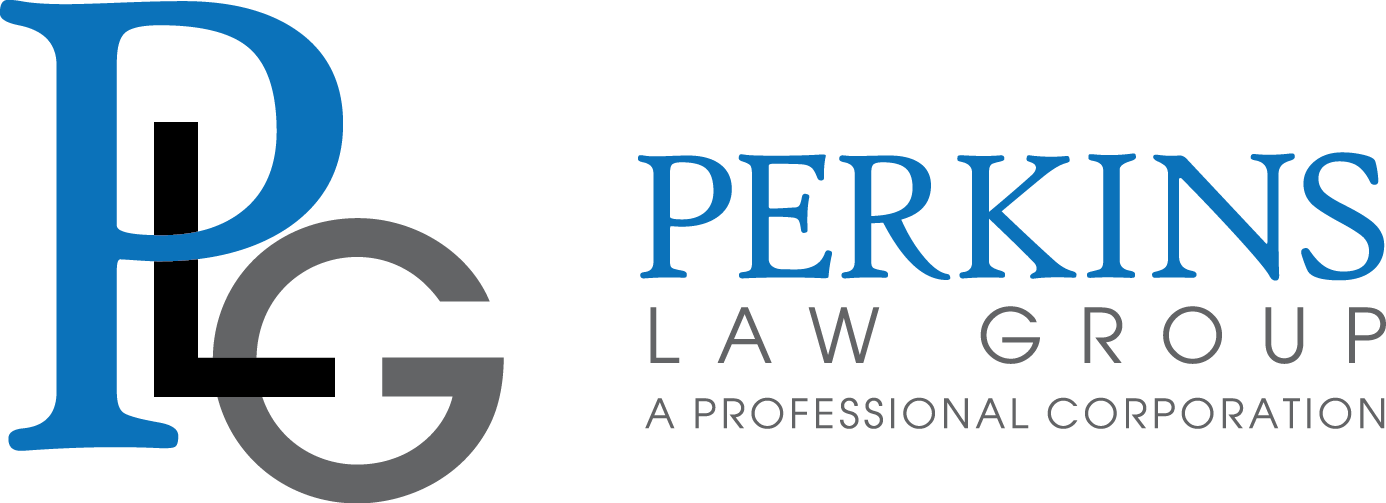Tax Season Ethics for CPAs
Stephanie Perkins • February 23, 2020
As a CPA rendering tax services for clients, your role often can be to advocate for your client while remaining within the legal and ethical boundaries of any applicable tax and professional standards. However, this can be a fine line to walk, and understanding the ethical standards you must adhere to can be a challenge. Tax claims are the most frequent malpractice claim issued against CPAs, so ensuring that you’re following ethical best practices is the easiest way to protect yourself. But what are these best practices, and what do they cover?
Professional Regulation
The AICPA’s Statements on Standards for Tax Services (SSTS) is the gold standard for a CPA’s tax planning and return preparation. The California Board of Accountancy also requires CPAs to commit to continuing education throughout their career.
In addition to state regulations, all tax preparers are required to exercise due diligence when handling tax returns or any other documentation related to an IRS matter, including both oral and written representation made to the IRS on behalf of a client. The requirement to exercise due diligence does not necessarily mean the CPA has to be correct, however. They simply have to be able to demonstrate that they exercised due diligence under Circular 230, Regulations Governing Practice Before the Internal Revenue Service.
What is the SSTS?
The AIPCA’s Statements on Standards for Tax Services covers a variety of provisions for CPAs regarding tax preparation, client interaction, procedure, and ethical behavior. For example, if a CPA believes a potentially controversial tax position would be in the best interests of the client, and that their stance has a “reasonable basis” of being sustained under audit, they may advocate for their position to their client. However, in doing so the CPA must not break any laws, and must allow the client to make the final decision for themselves.
The SSTS, consistent with the IRC (specifically Circular 230) also provides that CPAs do not necessarily need to audit information provided by the taxpayer or by third parties on behalf of the taxpayer, so long as the information appears reasonable and consistent with prior returns. However, if the information provided appears questionable or unusual, CPAs should absolutely verify it—applying their questioning mind and common sense can go a long way in avoiding issues down the road. In this way, the CPA is protecting themselves by acting with due diligence.
What is the Importance of Due Diligence?
What are the Potential Penalties?
Penalties against the CPA are often related to accuracy, untimely filing, negligence, and more. Untimely filing penalties are mandatory, but if a CPA can prove the client failed to provide the necessary documentation in a timely manner, they can often avoid having to pay the fine. Any documentation the CPA can keep demonstrating that they’re acting in a timely manner will help them should an untimely filing penalty be assessed.
Negligence and understatement fall under a similar umbrella. If a CPA is deemed negligent, it means the IRS concluded they took a position with little to no chance of being sustained, and the penalty fine is either $1,000 or 50% of the fee charged, whichever is greater. Willful understatement, the act of understating a client’s tax liability or endorsing another’s refund check, may produce a preparer penalty. To avoid the penalty, a CPA must show that they had reasonable support for the position they took. If the penalty is assessed, the fine is $5,000 or 50% of the fee charged, whichever is greater.
There are also other, greater penalties that can be assessed if a tax preparer fails to follow the laws, standards, and regulations set by the IRS, the IRC, and state requirements. Behaving sensibly and ethically during tax season is vitally important to maintaining your license and preserving your reputation.
Tax Preparation Ethics in a Nutshell
In essence, acting ethically when preparing taxes for either an individual or a company – ensuring you’re following all laws, rules, and regulations established by both state and federal agencies – will greatly reduce the likelihood that you’ll be investigated for ethics or due diligence violations.
However, should an unhappy client report you despite your best efforts, The Perkins Law Group can help. Our experienced team will work with you to mount a thorough, professional defense of your actions and help save your practice. Contact us for more information.
In essence, due diligence means that a CPA has taken reasonable steps to make sure that the actions they take and the information they provide to their clients is proper. For example, if a client asks them a question, the CPA must take the time to research the answer to ensure that the information they’re giving is correct to the best of their knowledge. A CPA should also take care to document their due diligence, whether that’s through email communication or through notes in their file.
If a CPA is accused of not practicing due diligence, they can be sanctioned by the Office of Professional Responsibility (OPR). The sanctions range from reprimand to being barred from practicing before the IRS.
An OPR suspension or disbarment can result in a substantial loss of livelihood for a CPA, and put an indelible mark on the CPAs professional record and reputation. Ultimately, the State Board before which the CPA practices will be entitled to notice of this action, meaning that a CPA could lose the ability to practice accounting entirely. So it is critical to take the OPR matters seriously. Should you find yourself facing allegations of misconduct from the OPR, it’s vital to mount an immediate defense. Perkins Law Group has experience handling OPR investigations, and can help if you receive notice of investigation.
This article is legal information and should not be seen as legal advice. You should consult with an attorney before you rely on this information. This article does not create an attorney-client relationship.

As you may know, the Families First Coronavirus Response Act (the “Act”) was passed in order to provide relief to employees that may be affected by COVID-19. Although previously set to go into effect on April 2, 2020, the Act now goes into effect on April 1, 2020, and will remain in effect until December 31, 2020, pending any further amendments or extensions. The Act is an extension of the Family Medical Leave Act (“FMLA”) and applies to all businesses with fewer than 500 employees. While the Department of Labor (“DOL”) has advised that businesses with fewer than 50 employees may qualify for an exemption from the Act’s requirements if compliance would jeopardize the viability of the business as a going concern, the DOL has not issued any direction on how small businesses might apply for the exemption. For now, the DOL has stated that any employers who wish to seek an exemption should document why their business meets the criteria and maintain such documentation – the DOL has requested that documentation not be sent to the DOL. The DOL is requiring that all covered employers, including those that may qualify for the exemption, provide a copy of the notice prepared by the DOL relating to the Act, to their employees. If workers are telecommuting, the notice can be emailed or directly mailed to employees or posted on an internal or external website for employees. The official notice can be downloaded from the DOL’s website. We have provided the link relating to notices relating to non-federal employees: https://www.dol.gov/sites/dolgov/files/WHD/posters/FFCRA_Poster_WH1422_Non-Federal.pdf While we are still waiting on clarifying guidance from DOL, here are some things we know the Act covers: Decrease in Unpaid Days: The current FMLA has a 14-day unpaid leave day minimum; the new Act decreases these unpaid days to 10. An employee is also allowed to substitute any accrued leave time, including personal and vacation time, to cover those 10 days. Revised Reasons for Paid Sick Leave: Full-time employees which fall under one of the following categories are eligible for up to 80 hours of paid sick leave: The employee is subject to a mandated quarantine; The employee has been advised to self-quarantine by a health care provider due to COVID-19 concerns; The employee has been experiencing COVID-19 symptoms and is seeking a medical diagnosis; The employee is caring for someone who is subject to a mandated quarantine or has been advised to self-quarantine; The employee is caring for a child whose school or childcare provider is closed due to COVID-19; or The employee is exhibiting symptoms of a substantially similar condition to COVID-19 as determined by the Secretary of Health and Human Services. It is important to note that employers cannot require employees to use other paid leave before qualifying for paid sick time. Nor can an employer require an employee to find a replacement for their hours. However, an employer can require the employee to follow reasonable notice procedures to ensure they continue receiving the benefit after the first workday they receive sick leave under the Act. Paid Leave Under the Act: The Act requires private employers to provide employees with 2 weeks of paid sick leave paid at the following rates: The employee’s regular rate up to a maximum of $511 per day if the employee cannot work because the employee is quarantined, and/or experiencing COVID-19 symptoms and seeking a medical diagnosis, and 2/3 of the employee’s regular rate of pay, capped at a maximum of $200 per day because the employee is unable to work because they are caring for an individual subject to quarantine, or due to caring for a child whose school or child care provider is closed due to COVID-19, and/or the employee is experiencing a substantially similar condition as specified by the Secretary of Health and Human Services, in consultation with the Secretaries of the Treasury and Labor. Under the Act, full-time employees are entitled to 2 weeks of paid leave (80 hours) and part-time employees are entitled to the average number of hours worked over a two-week period. Job Protection: Employees who have been employed for at least 30 days are entitled to up to 12 weeks of job protected leave for those employees that cannot work due to caring for a child whose school or childcare provider is closed due to COVID-19. The same reinstatement provisions apply as under the FMLA. However, some exceptions apply to employers with less than 25 employees if certain conditions are met: The job no longer exists because of economic circumstances or other conditions that affect employment caused by the public health emergency, the employer makes reasonable efforts to place the employee in an equivalent position with equivalent pay and benefits, and if these efforts fail, the employer makes reasonable efforts to contact the employee about equivalent positions for 1 year following the COVID-19 emergency or at the conclusion of the 12 week leave period, whichever is earlier.

Whether you’re a manager at a small business or the CEO of a large firm, chances are you’ve either shifted to working remotely or are making the preparations to do so in the wake of the World Health Organization’s announcement that the coronavirus is officially a pandemic. It’s likely that this is the first time you’re having to consider implementing work-from-home regulations on a large scale, and it’s equally likely that this will be the first time many of your employees will be working remotely. So what does this transition mean for you? It means that both you and your employees are going to need to make a swift adjustment to remote work. It also means that how you make the adjustment is key. To help your employees stay on task and delivering results, here are some tips for switching to working from home.

Whether you’re a business owner or an employee, you’ve likely heard of California Assembly Bill 51. This bill, approved by the governor October 10, 2019 and deemed effective on January 1, 2020, was written to address the perceived abuse of arbitration agreements in employment contracts. Specifically, AB51 was intended to combat allegations of workplace harassment and assault from being dealt with in private arbitration as opposed to being brought forward into public court proceedings. The concern is this alternative forum, which is confidential and not a matter of public record, allows employers to sweep some of the “ugliness” under the rug, regardless of the outcome. However, several business groups, including the California Chamber of Commerce, have raised “serious questions” about this measure, both regarding its legality and its effectiveness. So, what does this bill say? And what are the issues being raised? How will they potentially impact you as a business owner or employee?

As of July 5, 2019, Perkins Law Group (“PLG”) is approved to teach the California Board of Accountancy Regulatory Review Training. All California licensees are required to take this training. This innovative course includes a review of the California Accountancy Act and California Board of Accountancy Regulations. We’ll discuss how these regulations govern the practice of public accountancy in California and review both recent and historic disciplinary actions taken by the California Board of Accountancy (the “Board”). This ensures licensees understand all regulations and the reasons they may be disciplined by the Board. Besides the California Board of Accountancy Regulatory Review Training, PLG is pleased to announce a second course offered in combination: Ethics and Decision-Making in Today’s Accountancy Practice. This engaging, dynamic course is led by our knowledgeable team and covers various ethical theories and their practical applications. Using case studies and real-world examples, CPAs will study contemporary accounting and business ethics, including suggested methods for approaching ethical dilemmas. We’ll also discuss AICPA ethical pronouncements and rulings and PCAOB guidance.




